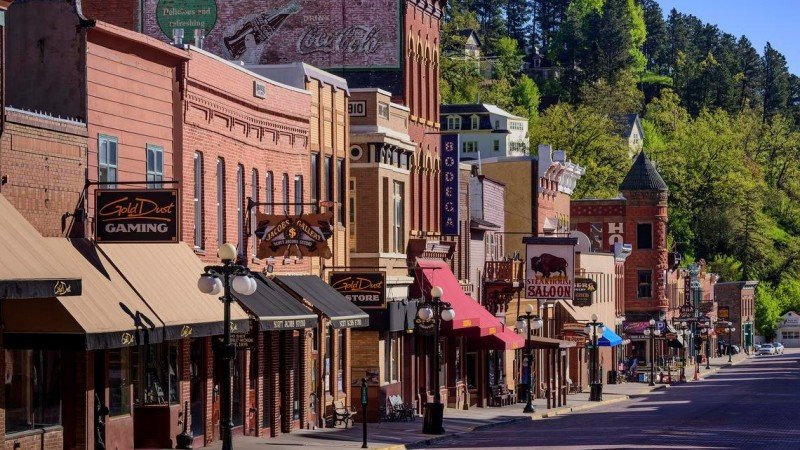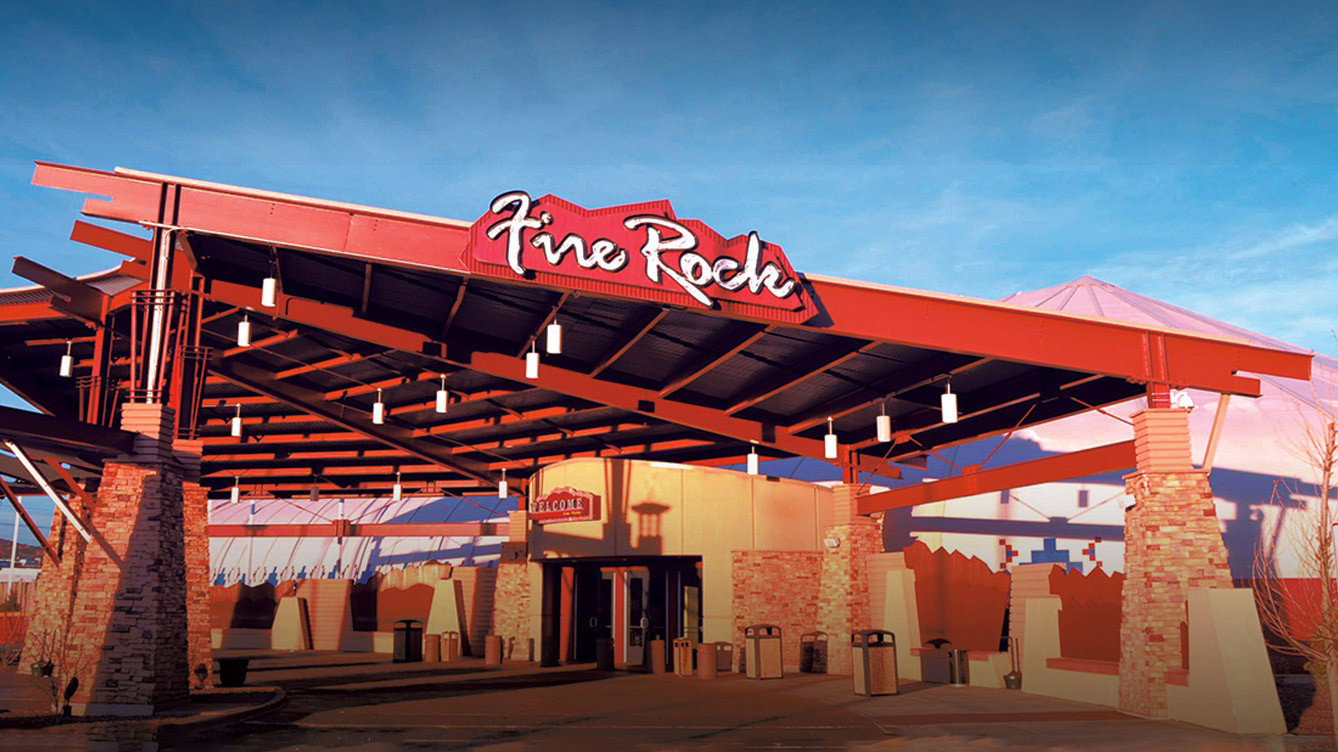South Dakota: Deadwood loses $11.4 million in gaming revenue during shutdown

Deadwood gaming lost $11.4 million in gaming revenue during its shutdown due to the COVID-19 pandemic, the South Dakota city's gaming association announced Monday.
Deadwood City Council closed casinos March 25 and voted to reopen them May 7 with CDC guidelines in place and limitations, including limiting the number of players at table games. Deadwood Gaming Association Executive Director Mike Rodman said Monday he expects it will take some time before casinos are able to rebound from its impact, Rapid City Journal reports.
According to a press release, several million more dollars were lost in hotel, food and beverage sales from the shutdown. May, however, saw only a $1.4 million loss in gaming revenue. Rodman said he expects to see fewer device licensing renewals come July 1 and less money to market the gaming industry.
Statistics released Friday by the South Dakota Commission on Gaming show a 14.77% decrease in the gaming handle compared to May 2019. There also was a 12.99% decrease in slot machines and a 42.46% decrease in table games handle.
Rodman said the big challenge for casinos is to stay viable during an uncertain time. “(That’s) what we’ll have to watch for and see how big of an impact it’ll make,” he said. “I think the Deadwood operators have tried very hard to persevere through this unprecedented COVID-19 pandemic economic issue and tried to provide for their customers and visitors to Deadwood, and in so doing, provided for employees.”
According to the Deadwood Gaming Association press release, the city’s gaming operators rewarded players with $1,054,775 in “free-play” for May. The adjusted gross revenue was $7,605,315.29, with $684,478.38 owed to the state, which collects 9% in taxes.
Rodman said some properties may make decisions to limit their offerings, which could impact employment. He also said he believes there are some positives to Deadwood’s numbers since it was one of the first places to reopen early, but it’s too soon to tell what the impact, or numbers, will look like next month.
The executive director said the May hotel occupancy numbers aren’t in yet, but he doesn’t believe occupancy rebounded the way gaming did. “We’ve probably had more of a local, regional return of gaming customers than of visitors further out to begin with,” he said.
According to April’s occupancy numbers, only 1.51% of hotels were occupied, which was down 35.66% compared to April 2019. According to the April release, Deadwood hotels rented 728 rooms in April 2020 and 17,316 in 2019.
“Understandably, people are being cautious, and I think social distancing and COVID-19 procedures have proven to be working well,” Rodman said. “I think that’s going to pay off in the long run.”
















